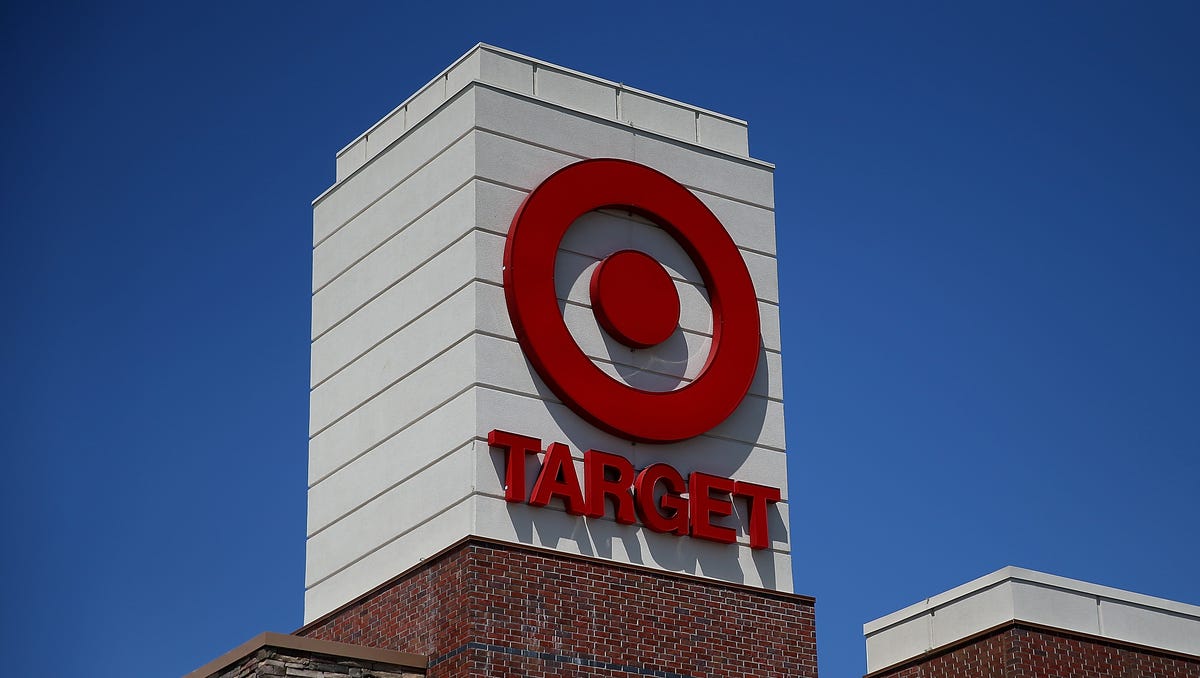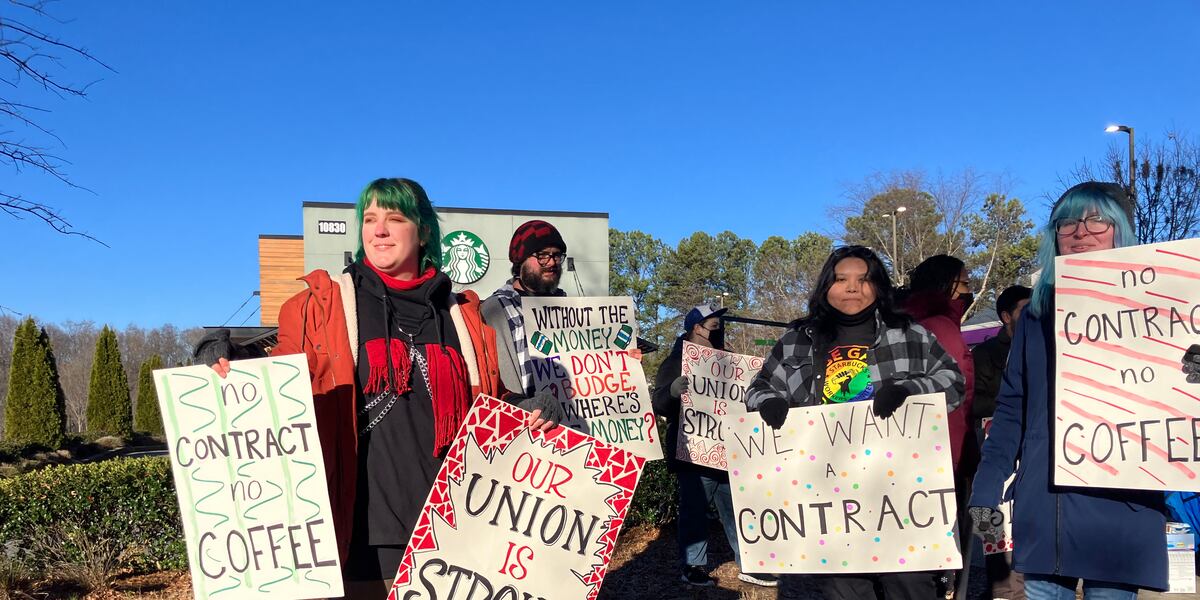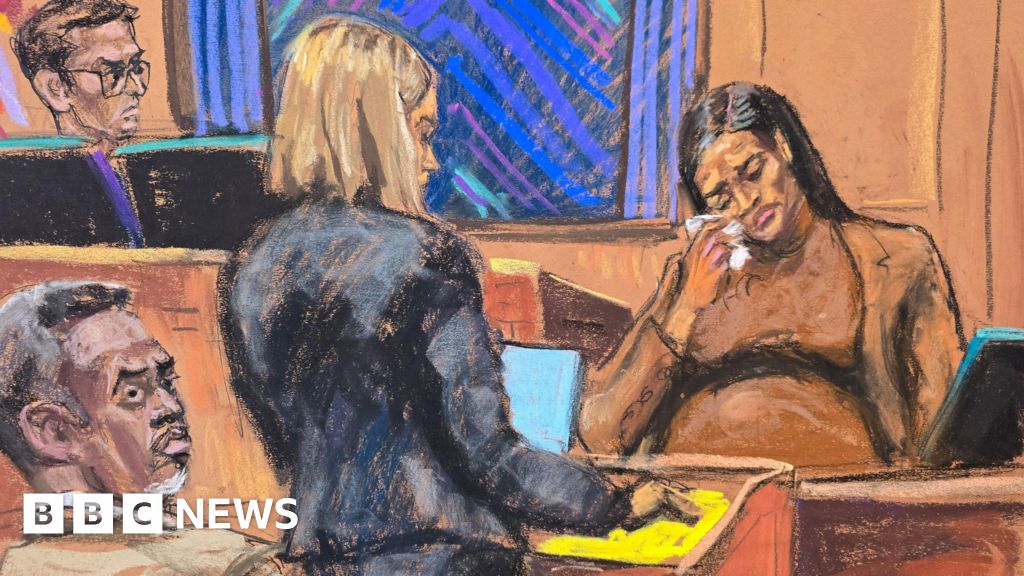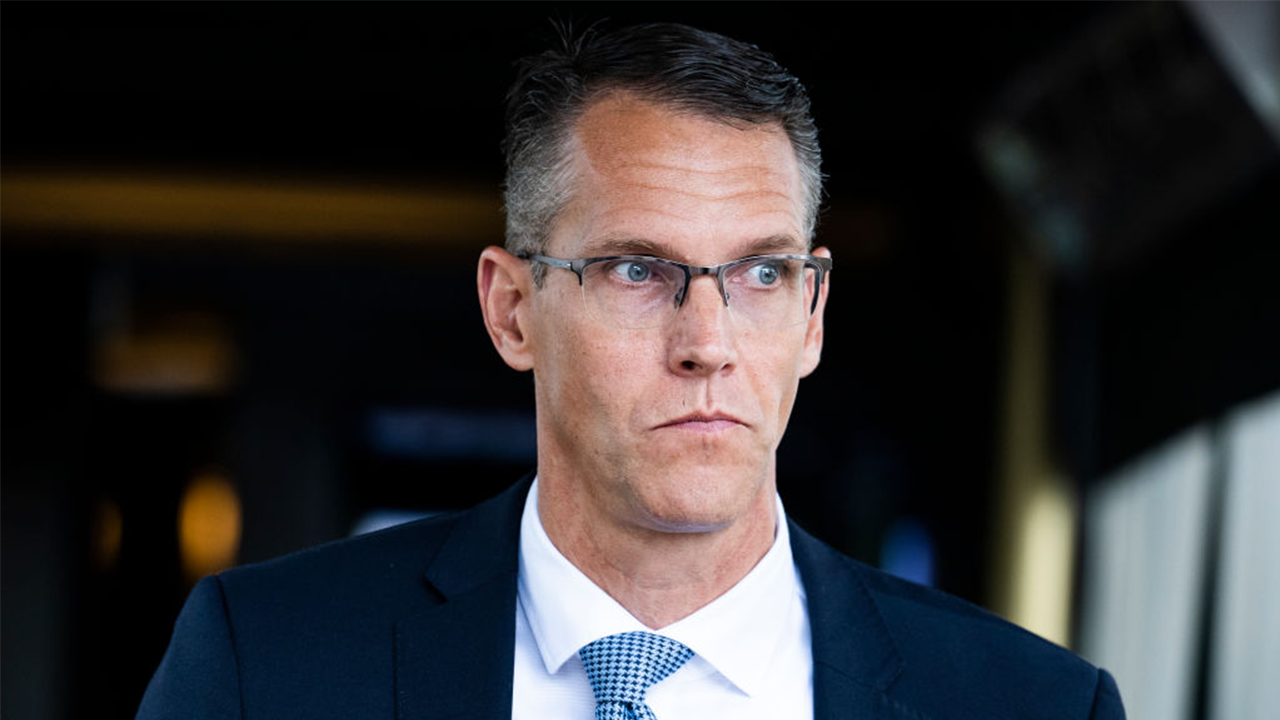World
Israel Hamas war: Are brand boycotts based on accurate info?
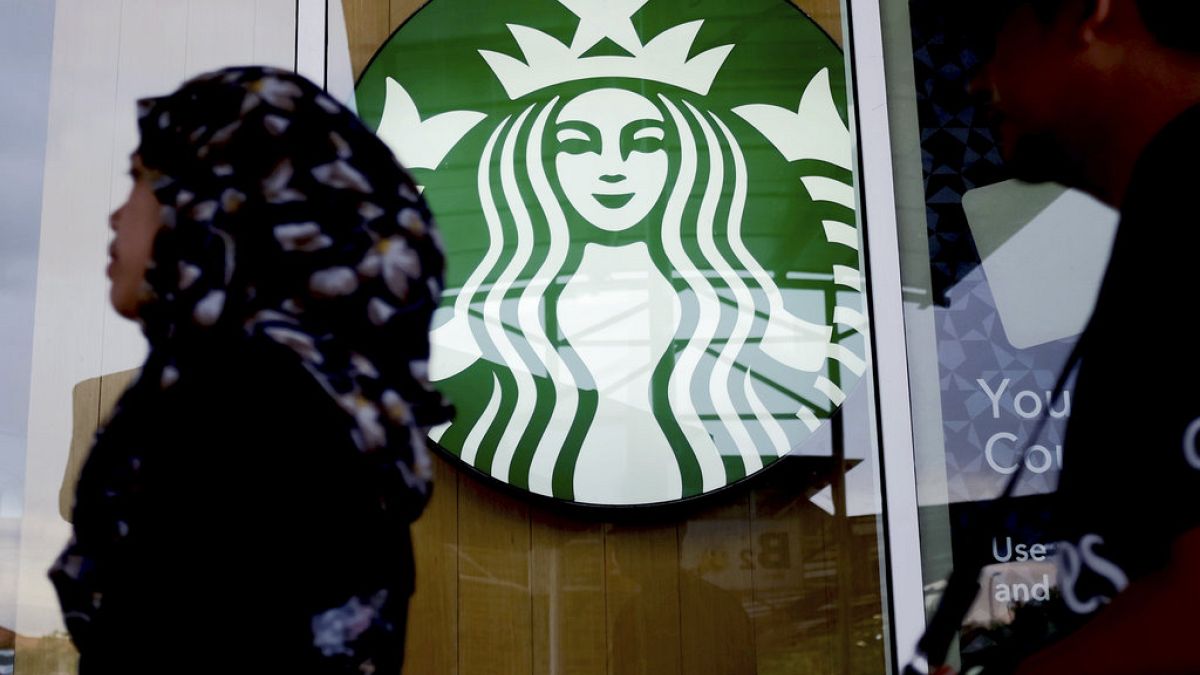
Starbucks and Zara, among others, have faced boycotts for allegedly supporting Israel. However, are some of these calls fueled by disinformation?
You may have noticed more and more people calling for a boycott of brands such as Zara and Starbucks on social media.
According to certain accounts, these brands are openly supporting Israel amid the country’s war with Hamas.
But there’s a lot of disinformation going around especially when it comes to the impact of these calls for a boycott.
AI-generated ad misrepresented as Zara mocking Gaza
A video showing Zara clothes being dumped in Times Square in New York City to protest against a controversial advertising campaign by the company has been viewed millions of times on the social media platform X, formerly known as Twitter.
“After Zara made a disrespectful ad about the Gaza conflict, Americans are throwing away all their Zara clothes in front of the company,” claimed one X user who is known for spreading disinformation.
In mid-December, Zara published a campaign, which some people thought was mocking the suffering of Palestinians due to the presence of rubble and what looked like white body bags.
Zara quickly pulled the ad and claimed the photoshoot took place in the summer, before Hamas’ unprecedented attack on Israel on 7 October.
But by doing a reverse image search of the viral footage of the supposed dumped clothes in Times Square, The Cube ended up finding the original clip. It was posted in November 2023 and has nothing to do with the conflict.
The video was posted on the official account of the second-hand fashion platform Vestiaire Collective.
The company announced it was banning thirty fast fashion brands from its shop, including Zara.
Vestiaire Collective spokeswoman told AFP that a French agency specialising in AI created the video.
She said the clip was released “nearly a month” before the Zara ads as part of a company initiative against fast fashion.
Did Starbucks shut down in Morocco?
We’ve seen similar claims of how boycotts have impacted the coffee giant Starbucks.
In an Instagram video posted beginning of December, a woman claims the chain had to shut down in Morocco due to the protests.
“For those of you who say boycotting doesn’t work, Starbucks in Morocco is literally leaving the country… Explicitly for the reasons of the lack of revenue they’ve had because of the pro-Palestine protest in all of Morocco,” she alleged.
She mentions an article from the New Arab as her source, which claims Starbucks and H&M are both leaving Morocco “due to low demand tied to the ongoing boycott campaign.”
But when taking a closer look, The Cube found this article cited another one from a Moroccan local newspaper, Maroc Hebdo.
However, neither article has any evidence to back the claim the boycott shut down the cafés in the country.
Since then, the New Arab updated their article to include comments from the spokesperson behind the franchise which runs Starbucks in Morocco, who denied the claims and confirmed that all 18 Starbucks stores will continue operating in the country.
Why are people boycotting Starbucks?
According to the AP, shortly after fighting between Israel and Hamas erupted, a Starbucks Workers United account tweeted in support of Palestine.
Starbucks filed a lawsuit against the trade union over the post, saying it angered hundreds of customers and damaged its reputation.
Controversy towards Starbucks’ response has led some to boycott the coffee giant.
It’s true that Starbucks’ stock market price is down by nearly $11 billion (€10bn) during the past month.
Are these losses in any way related to the boycott? Analysts say it’s hard to know the impact these boycott calls are having on the company’s stock price but have expressed doubt that the protests are the cause of the decline.
“Some data suggests Starbucks isn’t doing as well, or at least not as well as expected. It appears its deals and specials just aren’t hitting as well as anticipated,” according to an analysis by Vox.
However, in its latest financial release from November 2023, the company didn’t indicate a slowdown in earnings.
A clearer picture won’t come until its next financial release in February 2024.

World
In Augustinian Order, Pope Leo XIV Found Unity, Charity and ‘Eternal Friendship’

The cellphone of the leader of the Order of St. Augustine, the Rev. Alejandro Moral Antón, buzzed for what seemed like the hundredth time, and he jumped. He had been up since 2:30 a.m. fielding calls, trying to explain to people across the globe how his order, the one that formed Pope Leo XIV, would shape the papacy.
This time, it was his dentist. He had missed an appointment.
“You know what’s happening?” he told the dentist on Monday afternoon in Rome. “The new pope is an Augustinian!”
The world’s sudden interest in the small order of fewer than 3,000 members had forced Father Moral Antón, an affable, 69-year-old Spaniard, to distill Augustinians’ principles and spiritual ideals to their essence. Charity, truth and unity, he recited in Latin and translated into Spanish.
Pope Leo, formerly Cardinal Robert Francis Prevost, is an American with Peruvian citizenship, but his identity may have been most deeply molded by his connection to the Augustinians, which began when he was 14 and led to his ordination in 1982 as an Augustinian priest. He moved to Peru as an Augustinian missionary and eventually ran the order for 12 years from Rome. In that position, he developed extensive international connections that helped raise his profile last week in the conclave of cardinals who elected him.
As the first Augustinian friar to become pope, Leo is expected by Augustinians to emphasize missionary outreach and the importance of listening widely before making decisions, both central to the Augustinian way of life.
“The Holy Father will certainly be inspired by this search for communion and dialogue,” said Pierantonio Piatti, a historian of Augustinians with the Pontifical Committee for Historical Sciences, a Vatican office. That would mesh with the concept of “synodality,” fulfilling Francis’ vision of a church that brings bishops and lay people together to make big decisions.
“The other great element of Augustinian spirituality,” Dr. Piatti added, is a “search for balance between action and contemplation, between contemplation and action.”
In part because of their small size, Augustinian priests are a tight-knit community around the world, and many have encountered Leo over the years.
“Even when we disagree on something like politics, we have no trouble talking to one another,” said Father Allan Fitzgerald, 84, an Augustinian priest and longtime professor at Villanova University northwest of Philadelphia, which Leo graduated from in 1977. “I think we are, in some ways, an image of the U.S. There is certainly a whole swath of us that is to one side and to the other. Even if we can’t talk directly about politics, we are still able to talk about things that matter.”
The order was founded in 1244, when Pope Innocent IV united groups of hermits in service to the church as a community of friars. The group committed to a lifestyle of poverty, along with a mix of contemplation and pastoral service.
Augustinians take their name from one of Christianity’s most important early theologians, Augustine, the Bishop of Hippo, who was born in what is now Algeria in the fourth century. He is perhaps most famous for an autobiographical work called “Confessions,” which in part details his conversion to Christianity after an immoral youth.
The order’s place in the broader Roman Catholic Church was threatened by one of its most prominent 16th-century members, Martin Luther, whose calls for reform in the church ended up leading to the Protestant Reformation.
Augustine also wrote a guide to religious life that became the cornerstone of the Augustinian order. Its members commit to “live together in harmony, being of one mind and one heart on the way to God.” Leo’s new coat of arms reflects that heritage, displaying the Latin motto “In illo uno unum,” or “In the One, we are one.”
Augustinians are generally far less known compared with larger groups like the Jesuits and Franciscans. Part of that has to do with the personality and style of the orders, Father Fitzgerald said.
“If you are a Jesuit, you are very good at telling people who you are,” he said. “Augustinians are not great at telling people who we are. I think it is unusual for us to be self-promoting.”
In the years after he became head, or prior general, of the order in 2001, Leo tried to share on a global stage the ideas and practices for missionary outreach that he had developed in Peru.
He outlined his theological underpinnings in a speech in Rome in 2023. Mission is a means of carrying out the church’s fundamental duty of evangelization, he said. Without this perspective, charity work by the church becomes little more than “humanitarian action,” which, while important, will not be distinctively Christian.
“On the contrary, when we help each other to constantly remind ourselves that our primary mission is evangelization, it does not matter whether our resources are small or large because the fundamental thing is already given,” he said.
“To evangelize means, among other things, to be willing to leave the comfort zones, the comfortable bourgeois life,” he said, in an apparent nod to his life-changing decision to leave his life in the United States for a missionary posting in northwestern Peru in 1985. That background appears to have figured in the cardinals’ deliberations during the conclave, since missionary outreach was a key element of Francis’ vision.
Leo once told the Italian broadcaster RAI that he had met “my religious family, the Augustinians,” as a teenager, prompting his decision to leave Chicago for an Augustinian junior-seminary boarding school in Michigan. There, he said, he got to learn about “the importance of friendship, the importance of life in community.”
“I believe it is very important to promote communion in the church,” Leo explained in 2023 to Vatican News. “As an Augustinian, for me promoting unity and communion is fundamental.”
On Saturday, Leo made an unannounced visit to Our Lady of Good Counsel in Genazzano, an Augustinian sanctuary outside Rome. On Monday, he invoked St. Augustine in remarks to journalists gathered in Vatican City, saying that the present times were challenging, difficult to navigate and not easy to recount to the public.
“They demand that each one of us, in our different roles and services, never give in to mediocrity,” he said. “St. Augustine reminds of this when he said: ‘Let us live well and the times will be good. We are the times.’”
He cited one of the saint’s sermons that alluded to how people can choose to make the most of tough circumstances, Father Moral Antón said: “We are the ones who have to live a good life to change the times.”
“We need to stop and reflect,” he added. “Because we live well, we eat well, we have pleasures, but are you happy? And people say, ‘I’m not happy.’ Let’s look, then, at where happiness lies — within — and then change.”
Father Moral Antón, who missed his dental appointment on Monday, was sitting in a small room in the Augustinian College of St. Monica, on a hillside across the street from St. Peter’s Basilica, where the new pope has played tennis for years on a court with a view of the iconic dome. Father Moral Antón and Leo, who are the same age, studied together in the college decades ago; the father was Leo’s deputy when he ran the order and succeeded him in the top job.
In the days since Leo became pope, Augustinian friars have shared stories of meeting him during his past travels. One vicar in Kenya sent Father Moral Antón photos of a trip he and Leo took to the African country many years ago.
“Being an Augustinian means being pretty open,” Father Moral Antón said, adding that, compared to other orders, theirs does not have “very rigid norms.”
“It’s about eternal friendship, friends, wanting to walk with friends and find truth with friends,” he said. “Wanting to live in the world, to live life — but with friends, with people who love you, with whom you love.”
“It is not always something you find,” he added, “but, well, that’s the ideal.”
Emma Bubola, Elizabeth Dias and Jason Horowitz contributed reporting.
World
In Pictures: From Chicago priest to new pope, the historic rise of Leo XIV
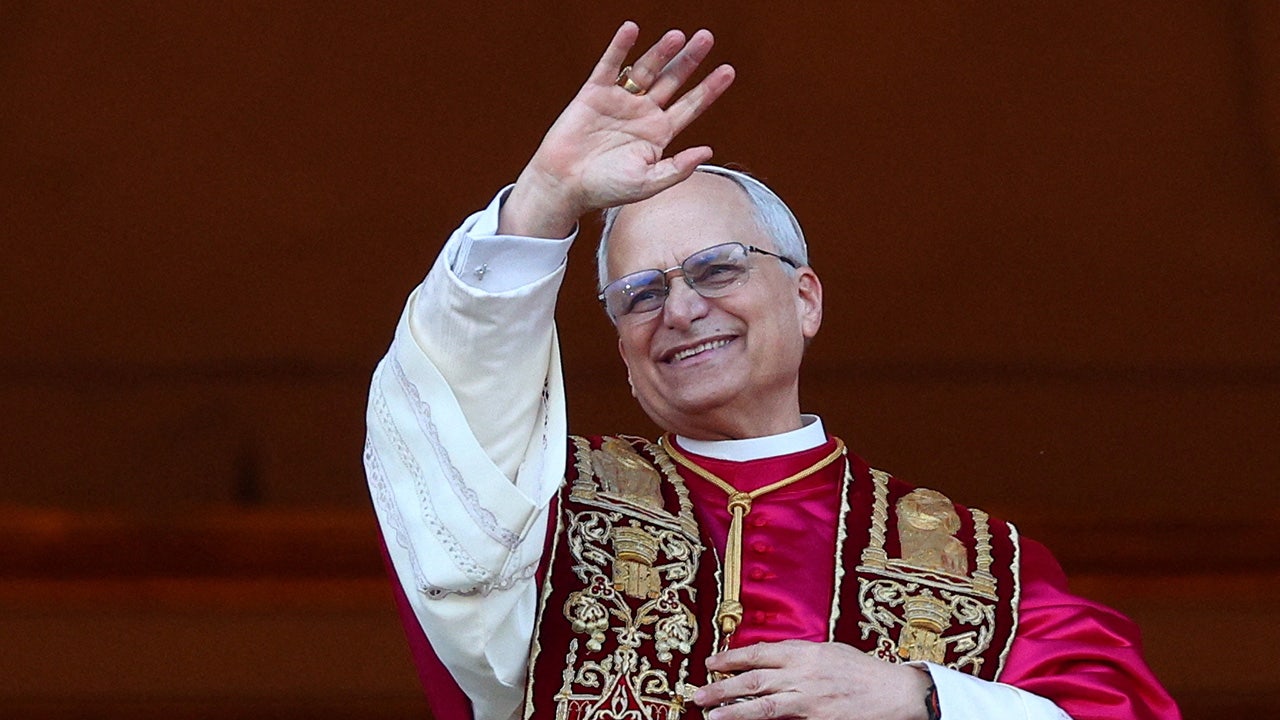
Published
World
Russia-Ukraine war: List of key events, day 1,174

These are the key events on day 1,174 of Russia’s war on Ukraine.
Here is where things stand on Tuesday, May 13:
Ceasefire
- Moscow has yet to say whether Russian leader Vladimir Putin will attend direct talks with Ukrainian President Volodymyr Zelenskyy slated for Thursday in Istanbul and proposed by Kyiv over the weekend. The leaders have not met since December 2019.
- United States President Donald Trump said he is “thinking about flying over” to Istanbul to join the potential Putin-Zelenskyy talks.
- “I don’t know where I’m going to be on Thursday – I’ve got so many meetings – but I was thinking about actually flying over there. There’s a possibility of it, I guess, if I think things can happen,” Trump said. “Don’t underestimate Thursday in Turkey.”
- US Secretary of State Marco Rubio said he held a joint call with Ukrainian and European officials to discuss a “way forward for a ceasefire” on Monday.
- Europe will reportedly push the White House for new sanctions on Moscow if Putin either fails to attend the Istanbul meeting, or fails to agree to an “immediate and unconditional ceasefire”, Bloomberg reported, citing people familiar with the matter.
- Germany said it is also preparing sanctions against Moscow if the talks stall.
Fighting
- Ukraine says that Russia is “completely ignoring” calls for a 30-day ceasefire made over the weekend by the US and Europe. It was due to begin on Monday.
- “Russian shelling and assaults continue,” Zelenskyy said in a nightly address. “Moscow has remained silent all day regarding the proposal for a direct meeting. A very strange silence.”
- Ukraine’s military said that there had been 133 clashes with Russian forces along the front lines up to Monday night.
- The heaviest fighting continues in the Donetsk region on Ukraine’s eastern front and Russia’s western Kursk region. Ukraine’s military said the intensity remains unchanged since the ceasefire was supposed to begin.
- Moscow called the 30-day ceasefire an excuse by Europe to “provide a breather for Kyiv to restore its military potential and continue its confrontation with Russia”.
-

 Austin, TX3 days ago
Austin, TX3 days agoBest Austin Salads – 15 Food Places For Good Greens!
-

 Politics1 week ago
Politics1 week agoTrump posts AI image of himself as Pope amid Vatican's search for new pontiff
-

 Education1 week ago
Education1 week agoIn Alabama Commencement Speech, Trump Mixes In the Political
-

 Technology1 week ago
Technology1 week agoBe careful what you read about an Elden Ring movie
-

 Culture1 week ago
Culture1 week agoPulitzer Prizes 2025: A Guide to the Winning Books and Finalists
-

 News1 week ago
News1 week agoFather Whose Son Was Shot by Cincinnati Police Hits Deputy With Car, Killing Him
-
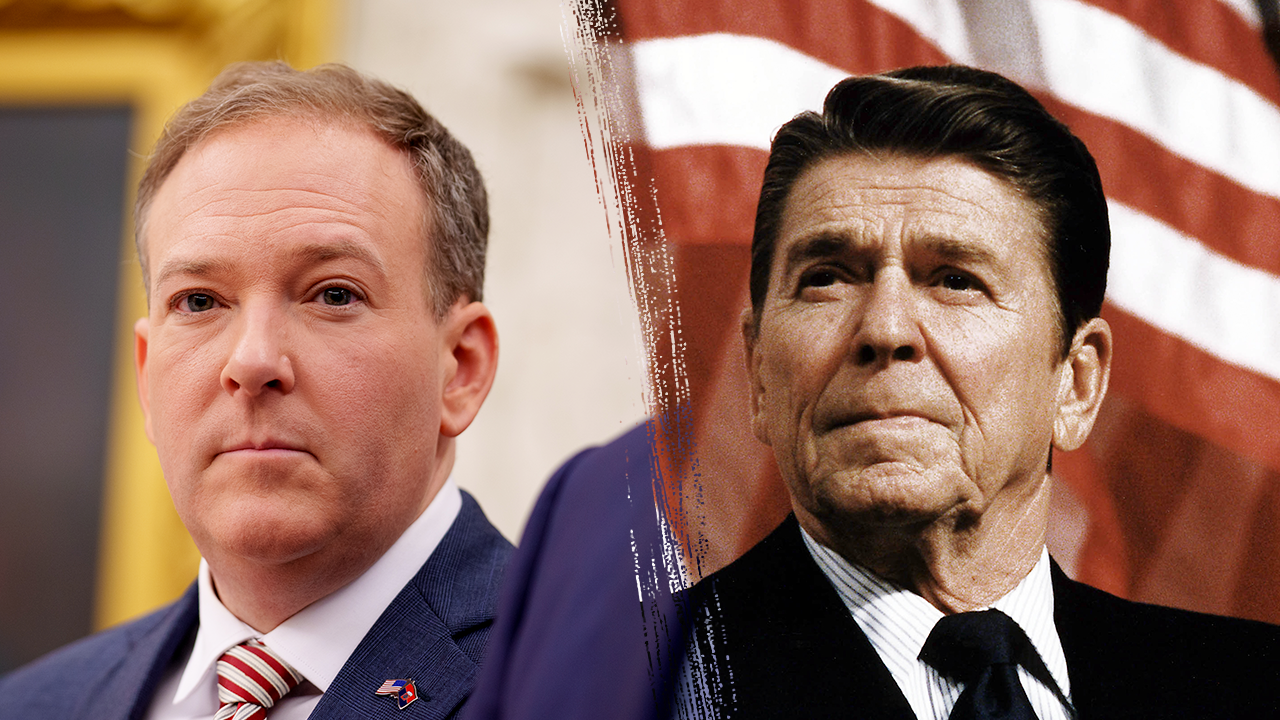
 Politics1 week ago
Politics1 week agoEPA chief Zeldin announces overhauls to bring agency back to Reagan-level staffing
-

 World5 days ago
World5 days agoThe Take: Can India and Pakistan avoid a fourth war over Kashmir?

